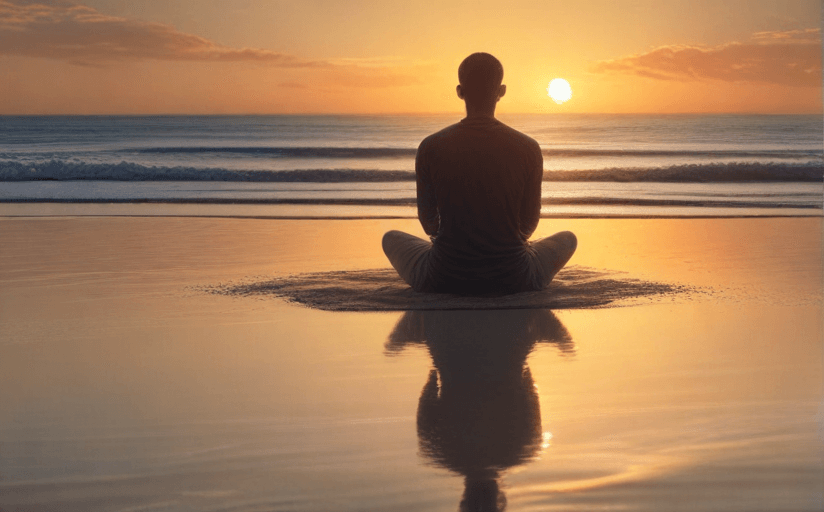An Exploration of Mindfulness
The concept of mindfulness, characterized as a state of being fully present and engaged in the current moment, has garnered significant recognition in recent times. This article provides an in-depth analysis of mindfulness, discussing its definition, various practices, potential benefits, and the role it plays in lifelong learning and growth.
Understanding Mindfulness
Mindfulness refers to the practice of consciously focusing the mind on the present moment in a non-judgmental way. It involves accepting one's feelings, thoughts, and sensations without evaluation or interpretation. Despite being an ancient practice rooted in Buddhism, mindfulness has been incorporated into contemporary psychology due to its tangible benefits on mental health and overall wellbeing.
Mindfulness Practices
There are multiple ways to cultivate mindfulness in daily routines. This includes:
- Meditation: Regular mindfulness meditation, where individuals focus on their breath or sensations in the body, promotes non-judgmental awareness.
- Yoga: Yoga combines physical postures, breathing exercises, and meditation in harmony, promoting mindful presence.
- Tai Chi: This is a form of martial arts that incorporates deliberate and slow movements with mindfulness and deep breathing.
Benefits of Mindfulness
Mindfulness helps us to eliminate unnecessary stress and anxiety, contributing to improved mental health, better relationships, and enhanced overall quality of life, says Dr. John Zelenski, a psychology professor.
Additionally, scientific research suggests that mindfulness helps reduce symptoms associated with depression, chronic pain, cancer, and more. It can also improve attention, empathy, emotional regulation, and overall cognitive functionality.
Mindfulness: A Tool for Lifelong Learning and Growth
Mindfulness encourages learning and growth throughout life, leading to inner peace and harmony. It teaches us how to deal with adverse situations, offering a sense of calm during life’s unpredictable storms. Those who have adopted mindfulness lifestyle are said to experience its transformative power, becoming more resilient and happier individuals.
Conclusion
In a fast-paced world, where being multi-tasking and constantly connected is the norm, mindfulness provides a much-needed pause to reconnect with ourselves and our environment. By optimizing how we handle stress and cultivating a greater appreciation for life as it is, we can improve our mental wellbeing, relationships, and overall quality of life – embarking on a lifelong journey of peace, growth, and harmony.



















Comments
Leave a Comment